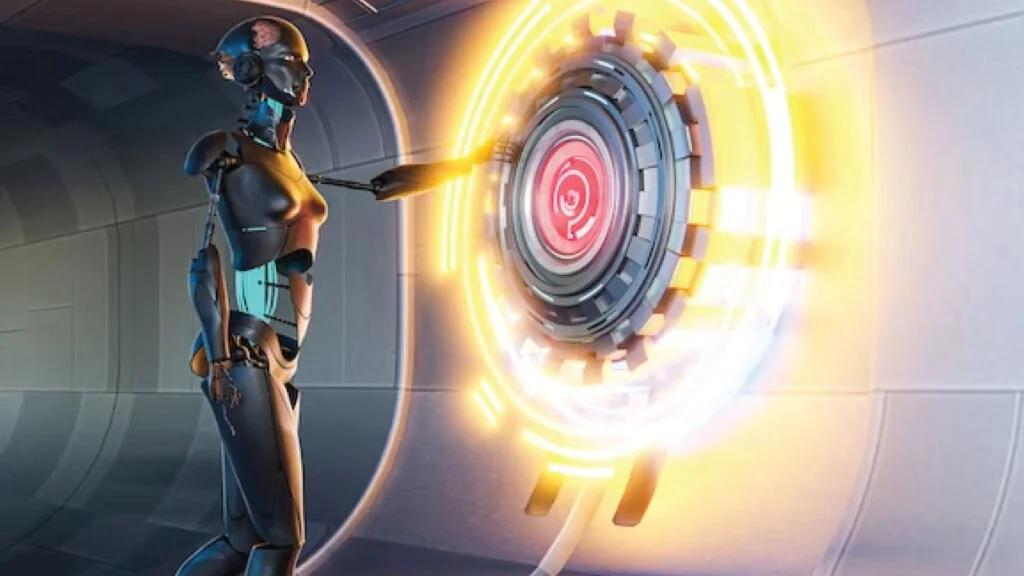In recent years, automation and artificial intelligence (AI) have witnessed a surge in popularity, and it’s anticipated to expand as organizations become more dependent on AI solutions to address issues. Numerous tech giants, like Amazon, Apple, and Alibaba, have already started to explore the possibilities of implementing AI and robotics in their organizations.
The introduction of robots into the workplace is set to alter how C-level decision-makers will do business, as they need to share space with robots as coworkers and learn new skills as robots will gradually take over tedious and dangerous tasks on behalf of their employees. There will be a shift in job responsibilities and obligations, creating bandwidth for strategic planning for better business development in sections where robotics are not utilized. Functional leaders in customer-facing roles may identify the best methods to serve clients and use automation to deliver personalized products and services on demand.
Robotics is becoming a game changer in various industries throughout the world.
Chief Operating Officers (COOs)
COOs will play an important role in transforming the workplace by integrating AI and robotics, creating a digital strategy for automating services, and streamlining operations. Thus, COOs will drive and manage the organization’s transformation into a human-robot workforce; however, they must update their knowledge of technologies by understanding the changes and how they can affect the business. For instance, in a manufacturing company, the role of COOs will be to assess the need for automation technologies like IoT and blockchain in a department. After evaluation, they should come up with an investment strategy by analyzing how AI and robots will reshape the manufacturing industry and streamline the supply chain.
Chief Information Officers (CIOs)
CIOs will have to adjust to technology issues and work closely with other C-suits as they navigate a new landscape of risk and compliance. They will have the liberty to explore and evaluate the areas of data management, analytics, and cybersecurity. With automation technology and robot workers having a positive impact on the organization, CIOs will witness changes in function becoming more deeply integrated.
Other tech leaders, like CTOs and CDOs, may be joined by Chief Robotics Officers (CROs), who will help in navigating how robots will perform, providing robust road maps, and setting strategies for future developments.
Robotics and artificial intelligence (AI) will change the workplace as some job roles will be replaced by robots and automation, but the technology will also lead to the creation of new jobs and highly valued responsibilities. This development will also affect the C-suite, as robots will minimize their responsibilities and help in creating robust strategies in this digital era. Large-scale enterprises and SMEs must prepare their employees for collaboration with new technologies by providing adequate L&D opportunities, upskilling, reskilling, and giving them the bandwidth to accept the change.
To Know More, Read Full Article @ https://ai-techpark.com/robotics-is-changing-the-roles-of-c-suites/
Read Related Articles:

